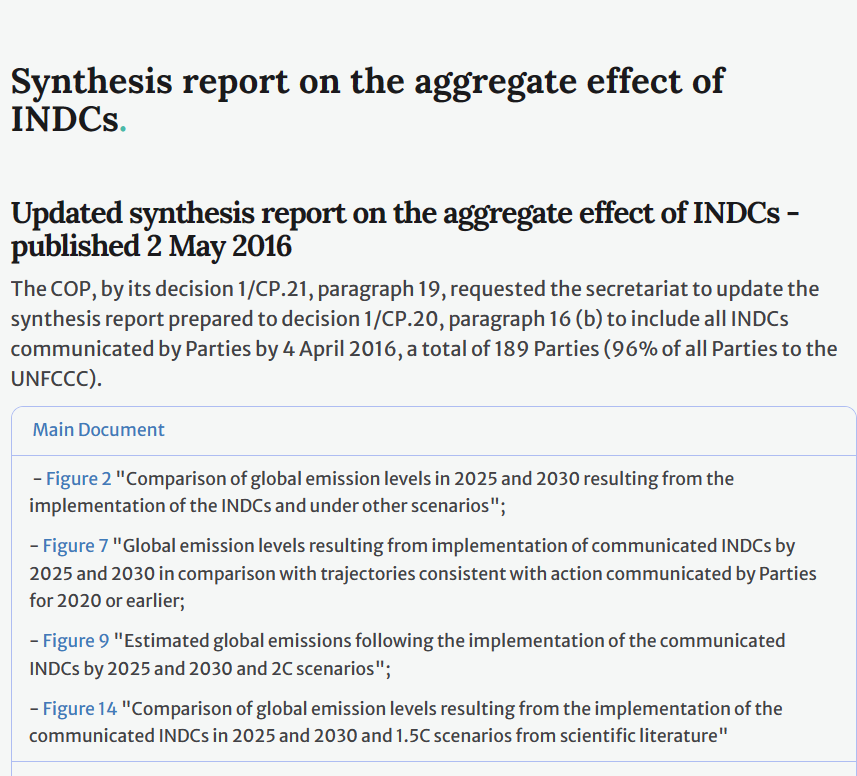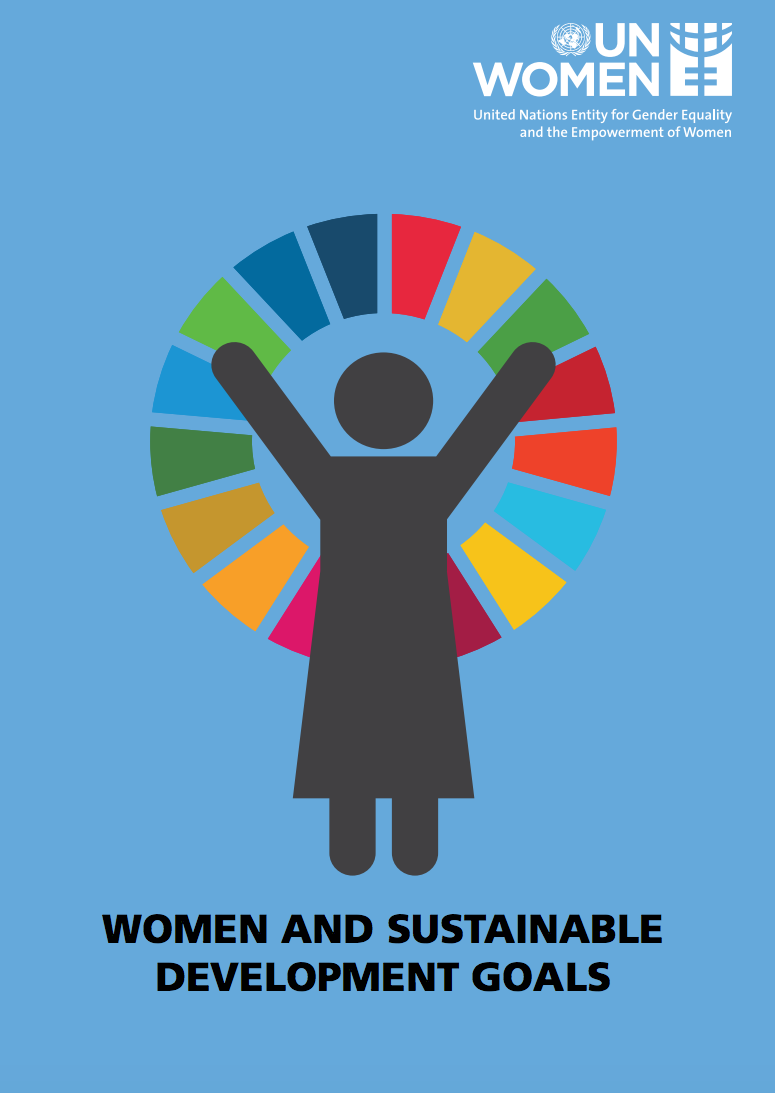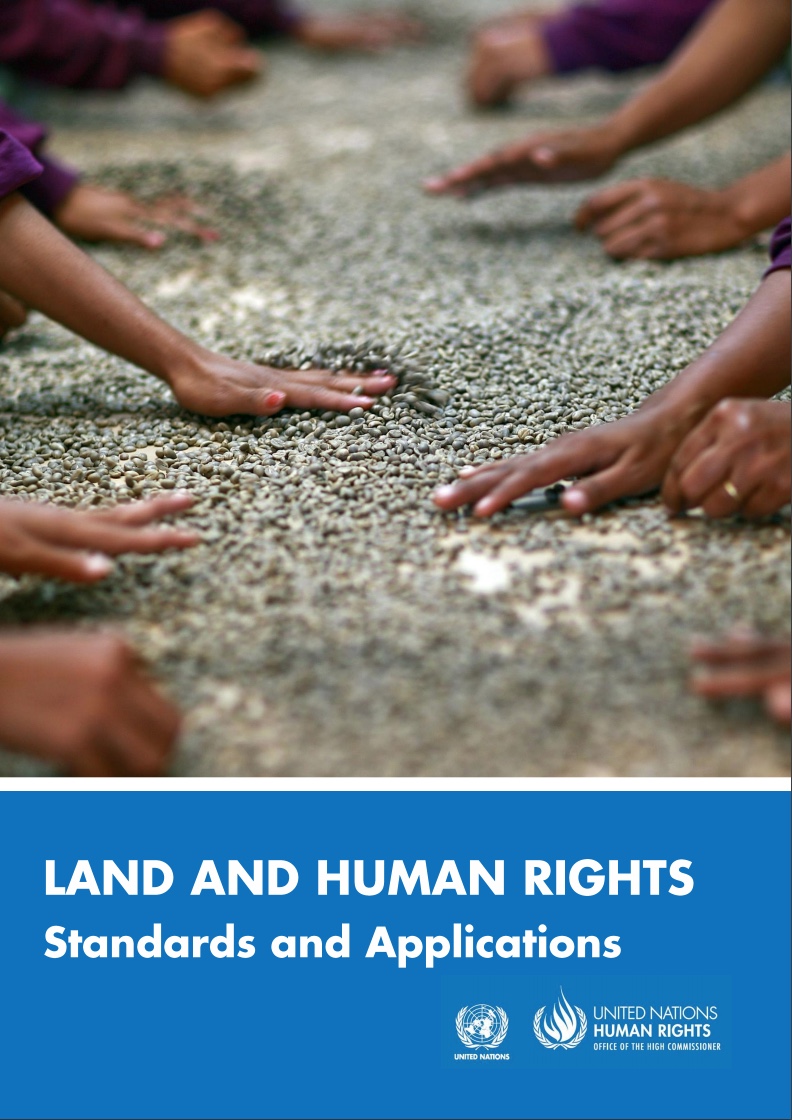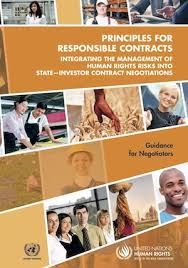Location
United Nations
The United Nations is an international organization founded in 1945. It is currently made up of 193 Member States. The mission and work of the United Nations are guided by the purposes and principles contained in its founding Charter.
Due to the powers vested in its Charter and its unique international character, the United Nations can take action on the issues confronting humanity in the 21st century, such as peace and security, climate change, sustainable development, human rights, disarmament, terrorism, humanitarian and health emergencies, gender equality, governance, food production, and more.
The UN also provides a forum for its members to express their views in the General Assembly, the Security Council, the Economic and Social Council, and other bodies and committees. By enabling dialogue between its members, and by hosting negotiations, the Organization has become a mechanism for governments to find areas of agreement and solve problems together.
The UN's Chief Administrative Officer is the Secretary-General.
Members:
Resources
Displaying 16 - 20 of 45System of Environmental-Economic Accounting 2012
Ecosystem accounting is a coherent and integrated approach to the assessment of
Intended Nationally Determined Contributions (INDCs)
The secretariat prepared a synthesis report on the aggregate effect of the INDCs. The report was published on 1 November 2015 and became one of the key documents for governments to understand their collective effort on climate change and to shape the discussions and negotiations in Paris.
Women and Sustainable Development Goals
On 25 September, the United Nations General Assembly adopted the 2030 Agenda for Sustainable Development as the agreed framework for international development. It is the successor to the Millennium Development Goals (MDGs). However, unlike the MDGs, the 2030 Agenda presents a much wider scope by deliberately and more fully incorporating economic and environmental sustainability, as well as the aspiration of many countries for peaceful and inclusive societies. The agenda also applies to all countries rather than just the developing countries.
Land and Human rights: Standards and Applications
This basic legal reference publication has been prepared as part of the OHCHR output on land and human rights. It aims to provide a concise and user-friendly guide on key international legal standards, including international human rights, humanitarian and criminal law, to those working on land issues so as to make them aware that such standards may be applicable to their work
Principles for Responsible Contracts - Integrating the Management of Human Rights Risks into State-Investor Contract Negotiations - Guidance for Negotiators
These principles provide guidance on ways to align business objectives with the safeguard of human rights. The principles aim to integrate the management of human rights risks into contract negotiations on investment projects between host State entities and foreign business investors, building on the UN’s Guiding Principles on Business and Human Rights.






